Pseudobulbar affect, or PBA is a condition that is usually a symptom from a brain injury or neurological condition. PBA causes uncontrollable laughter or crying that comes on suddenly and frequently. Episodes can happen a couple times a day, or many times a month. How long they last and the frequency of them are dependent on the person.
Pseudobulbar affect is more common than most people know since it is so highly misdiagnosed. It affects about 2 to 7 million people. PBA is caused by a damaged nervous system. It is usually misdiagnosed with a diagnosis of depression, which is a psychological disorder, not a neurological disorder.
Symptoms
Pseudobulbar affect can cause your emotions to be exaggerated, causing sometimes an embarrassing or disruptive situation. The main symptom of PBA is involuntary, uncontrollable laughing or crying. It can also cause moments of extreme anger or frustration. Uncontrollable crying is more common than laughing. Episodes are usually short in duration, which is where it differs from depression, where episodes can last a long period of time. Pseudobulbar affect can lead to depression though since episodes may cause some embarrassment and keep you from wanting to do things with other people. People with PBA can also suffer from sleep disturbances and loss of appetite.
Diagnosis
There are lots of different conditions that can be linked to PBA. PBA isn’t found on its own, a brain injury or neurological condition has to be present for someone to suffer from PBA. Such as Alzheimers disease, or dementia. Other conditions are Amyotrophic lateral sclerosis, brain tumor, Multiple Sclerosis, Parkinson’s disease, or a stroke. People with traumatic brain injuries can also suffer from PBA.
Pseudobulbar affect is misdiagnosed a lot. It is sometimes thought to be depression or another mood disorder that looks a lot like PBA. With the exaggerated mood swings, and uncontrollable change in mood that doesn’t always fit the current situation. Your doctor may need to run some tests to rule out other conditions that mimic PBA, like a type of epilepsy for instance. An EEG (electroencephalogram) can be done to rule out this form of epilepsy.
There are two different questionnaires your doctor may want to go through with you. One of them is the Pathological Laughing and Crying Scale. This questionnaire will ask questions about how long, and how often episodes last. As well as were the episodes tied to emotions or the social situation you were currently in. And how upset you were afterwards. The second scale is the Center for Neurologic Study- Lability Scale.
Complications
PBA can lead to a few complications. It can cause you to feel anxious that another episode will happen. It can also lead to depression. Episodes may interfere with work or daily activities. Sometimes someone who has PBA may start to isolate themselves from other people in fear of having episodes. Some people may have an inability to cope with the episodes.
Treatment
Treatment is used to improve the quality of life of the person who suffers from PBA. Medications can help decrease the frequency and severity of episodes. Antidepressants may be prescribed at a lower dose than normal to help reduce episodes. The only FDA approved PBA drug is Dextromethorphan hydrobromide and quinidine sulfate. This decreases the amount of episodes almost by half. If you feel an episode coming on you can take deep breaths, relax, do a relaxation technique, shift positions such as sit down, or stand.
Keep a diary of episodes, how often they happen, what happens during them so you can discuss them with your doctor. Tell people you are around about your conditions so they know what may happen. This can help decrease embarrassment in case an episode does occur. PBA occurs when the prefrontal cortex has been damaged. It can be embarrassing and disruptive but with medications and treatment it can help improve the quality of life.
Uncontrollable laughing or crying can be caused by a brain injury or a neurological condition! #HealthStatus
PBA is often misdiagnosed as a psychological disorders not a neurological disorder!
Sources:
https://www.pbainfo.org/pba-quiz
https://www.mayoclinic.org/diseases-conditions/pseudobulbar-affect/diagnosis-treatment/drc-20353741
https://www.webmd.com/brain/pseudobulbar-affect
https://my.clevelandclinic.org/health/diseases/17928-pseudobulbar-affect-pba


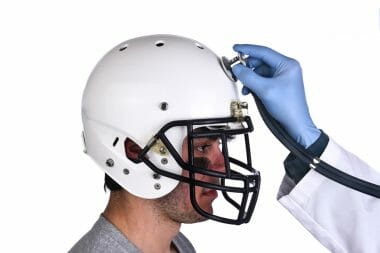
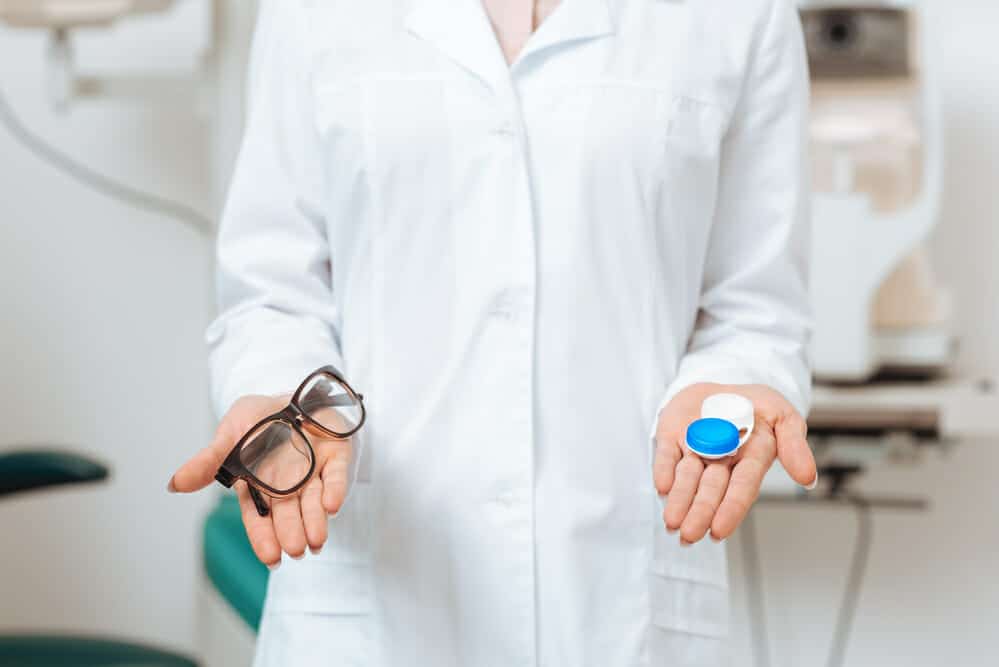
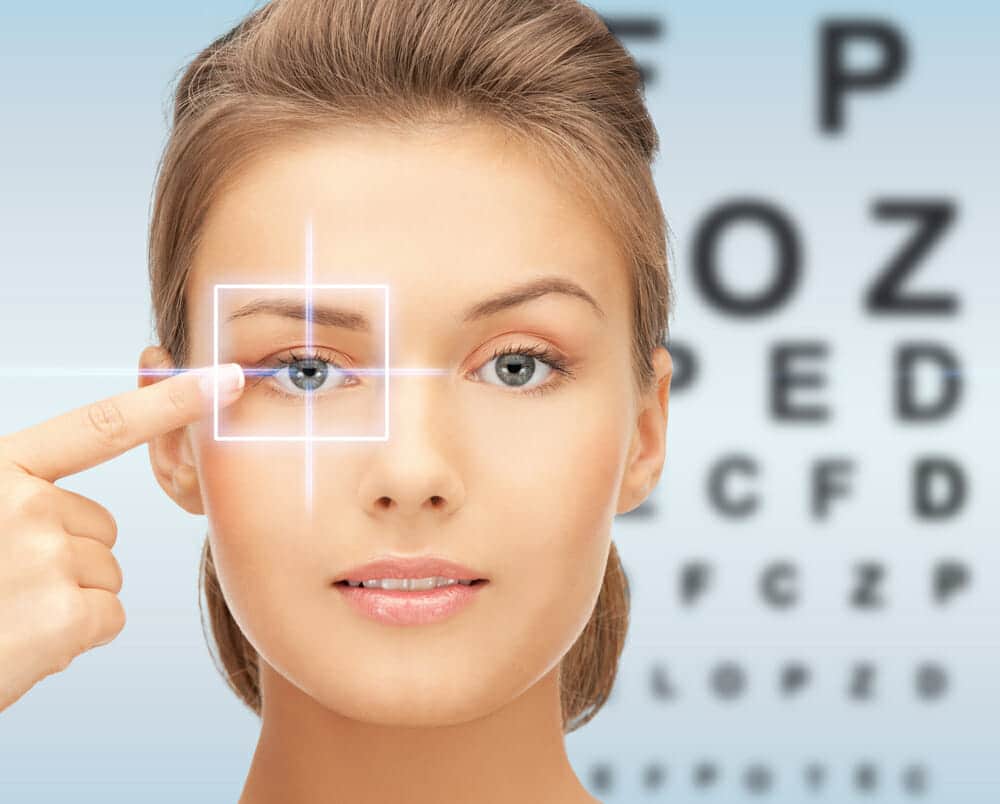
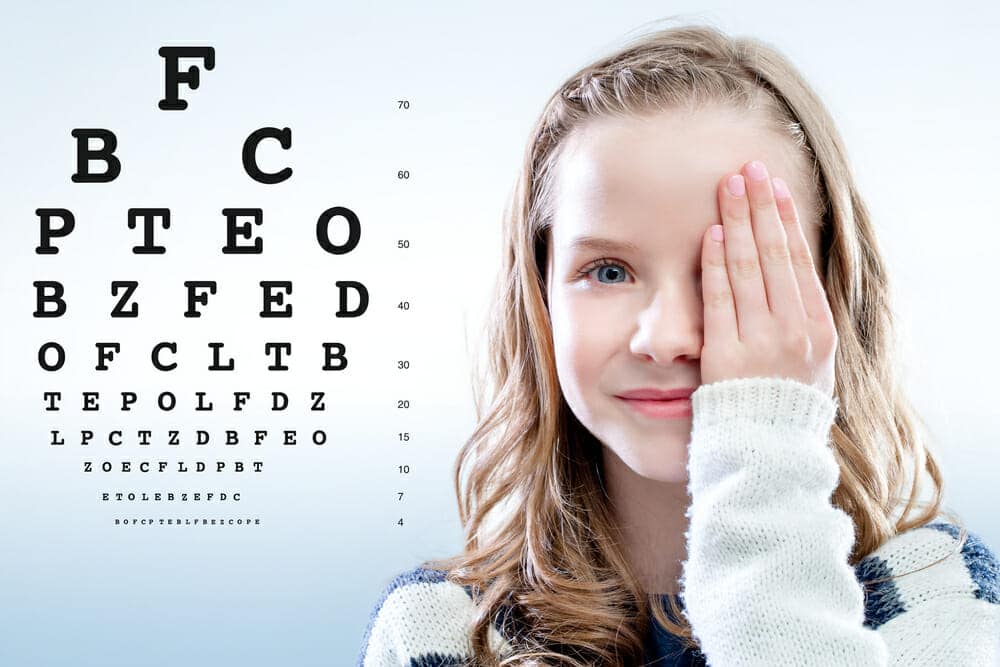
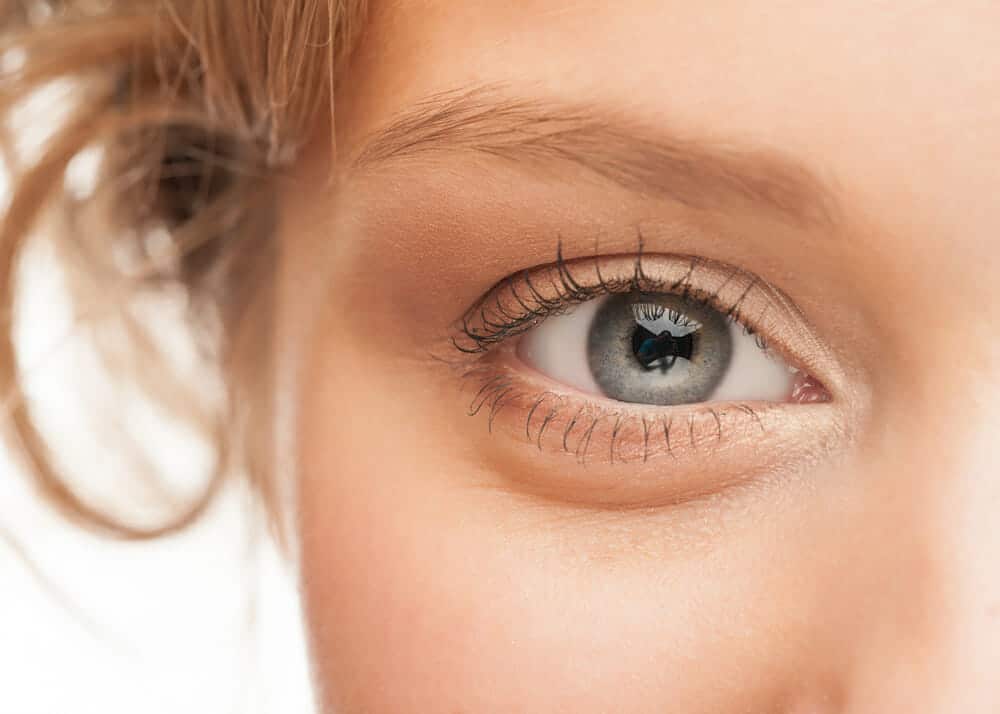

Reply